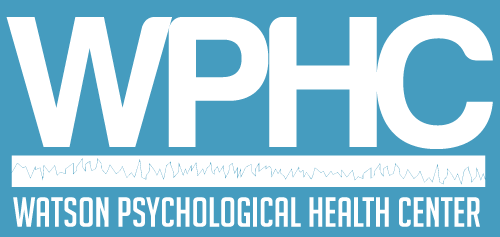Unlocking The Peace Within You
The Transformative Power of Neurofeedback for Anxiety and Insomnia
In the quiet of the night, when the world slows down and silence reigns, for many, the battle against anxiety and insomnia wages on. It's a struggle familiar to too many—a relentless cycle of thoughts and restlessness that denies the solace of sleep and the calm of a peaceful mind. Yet, amidst these challenges, there shines a beacon of hope, a therapy as innovative as it is gentle: neurofeedback. Through the lens of warmth and compassion, let's explore how this remarkable approach is transforming lives by offering a path to peace for those ensnared by anxiety and sleepless nights.
Neurofeedback
Neurofeedback, at its core, is a reflection of understanding and care. It’s a non-invasive therapy that listens to the brain's language, using real-time displays of brain activity to teach self-regulation of brain function. Imagine sitting in a comfortable chair, electrodes gently placed on your head, not to intrude but to listen and guide. You watch a screen, engage with a simple game or a moving pattern, and without realizing it, you're led on a journey of self-discovery and healing. Neurofeedback is the whisper that calms the storm, guiding the brain towards balance and harmony.
Creating Direction
For those who walk hand in hand with anxiety, life can feel like a constant state of high alert. But neurofeedback holds the promise of a new dawn. By providing real-time feedback, it helps individuals understand their brain's patterns associated with anxiety. Gradually, the brain learns to shift away from these anxious patterns towards a more relaxed state. It's akin to learning to ride a bike with training wheels; neurofeedback supports you until you find your balance. This therapy illuminates the path to a calmer mind, offering not just relief but a profound understanding of one's own capacity for peace.
Working Through Insomnia
Insomnia often feels like being locked out of one’s own restful sanctuary. Neurofeedback, however, offers a key. By addressing the underlying brainwave dysregulations associated with insomnia, it gently coaxes the brain into the natural rhythms of sleep. Sessions might lead the brain to discover the soothing waves of relaxation, training it to summon these waves when night falls. Over time, individuals learn to transition more smoothly into sleep, experiencing the restorative power of deep, uninterrupted rest. It's a gift—a return to the natural embrace of sleep, wrapped in the knowledge that the brain can find its way back to rest, night after night.
The Journey
Embarking on neurofeedback therapy is more than just seeking treatment; it’s a journey of compassion you undertake with yourself. It's a process that acknowledges the struggles without judgment, embraces the individual’s experience, and offers a path to healing grounded in empathy and understanding. This journey is supported by therapists who stand as guides, equipped not just with technology, but with a profound respect for the resilience of the human spirit.
Creating Hope
The positive effects of neurofeedback on anxiety and insomnia are more than clinical outcomes; they are stories of regained hope and rediscovered peace. They are tales of nights transformed from battlegrounds into sanctuaries of rest, and of days lived with calm and assurance rather than apprehension and dread. Through neurofeedback, many find a profound alignment within themselves, a harmony between the mind and its infinite possibilities.
As we navigate the complexities of life, let us remember the power of innovative therapies like neurofeedback. In its essence, it is a testament to the resilience within us all, offering a way forward that is both compassionate and empowering. For anyone who has felt the weight of anxiety or the frustration of sleepless nights, neurofeedback stands as a beacon of hope, a gentle reminder that peace is not just a possibility, but a path that is warmly and compassionately illuminated.




